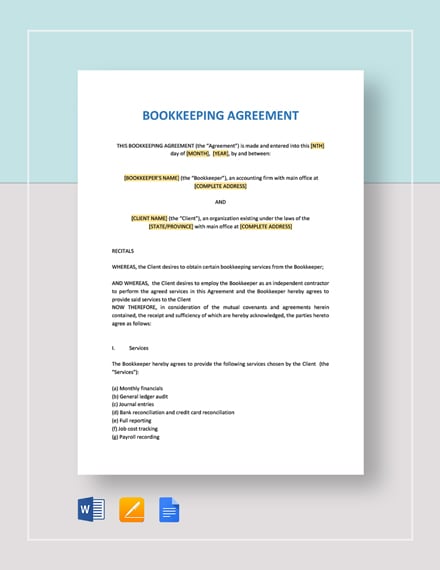Bookkeeping Basics: A How-To Guide for Small Business Owners
Are you an accountant or bookkeeper?
A https://www.bookstime.com/articles/general-ledger-accountservice can provide all the data accountants need to process tax returns. It goes without saying that both roles need to have integrity, as they have daily access to a business’s bank accounts and financial information. It helps to think about both bookkeeping and accounting being part of the same accounting process. The recording of financial data (bookkeeping) is stage one of that process, and the interpretation of that data (accounting) is stage two. Looking for a bookkeeping service that combines expert bookkeepers with powerful software?
Definition of Bookkeeping
Try Pilot. Some bookkeeping and accounting practices will change depending on your business model.
With every tax season, you can generate a full financial statement in just the click of a button. Government auditors will take a look at the accounting of a business to check that everything is legal and above board. If you have a startup or any company that might seek investments in the future, potential investors will want to see your books to understand how to value your business.
You’ll save time chasing receipts, protect yourself from costly errors, and gain valuable insights into your business’s potential. If you’re a small-business owner, you’re probably used to doing everything yourself. ledger account You’ve used your entrepreneurial prowess to produce a product or service that your customers need. And avoiding spending any money when you think you can just take care of a task yourself is tempting.
Balance sheet. This document summarizes your business’s assets, liabilities, and equity at a single period of time. Your total assets should equal the sum of all liabilities and equity accounts.
Transactions include purchases, sales, receipts, and payments by an individual person or an organization/corporation. There are several standard methods of bookkeeping, including the single-entry and double-entry bookkeeping systems. While these may be viewed as „real“ bookkeeping, any process for recording financial transactions is a bookkeeping process. Bookkeeping consultants handle many of the accounting-related administrative tasks that go into running a business. I am an accomplished and results-driven accounting professional with 12 years of bookkeeping, accounting and financial management experience.I provide creative and detailed bookkeeping, accounting and administrative services.
px“ alt=“Bookkeeping „/>
After all of the adjustments were made, the accountant presented the adjusted account balances in the form of financial statements. Our explanation of bookkeeping attempts to provide you with an understanding of bookkeeping and its relationship with accounting. Our goal is to increase your knowledge and confidence in bookkeeping, accounting and business.
QuickBooks saves you time by hand-selecting, training, and onboarding US-based https://www.bookstime.com/experts. Call on a trusted bookkeeper to answer questions or to close your books for you each month. Staying organized is easy with the help of a QuickBooks-certified virtual bookkeeper who understands small business.
Prior to computers and software, the bookkeeping for small businesses usually began by writing entries into journals. Journals were defined as the books of original entry. In order to reduce the amount of writing in a general journal, special journals or daybooks were introduced.
In theory, there is no limit to the number of accounts that can be created, although the total number of accounts is usually determined by management’s need for information. A bookkeeper is responsible for identifying the accounts in which transactions should be recorded.
Single-entry is a simple system that might work for you if your bookkeeping is very straightforward. Entries are recorded one time, as either an expense or income. Assets and liabilities are tracked separately.
Debits and credits entered in the ledger should always add up to zero. The IRS has published a handy list of guidelines to help you understand the ins and outs of double-entry. Bookkeeping is the process of tracking all of your company’s financial transactions, so you can see exactly where your business is spending money, where your revenue is coming from, and which tax deductions you’ll be able to claim. Bookkeeping also saves you time.
A sound bookkeeping system is the foundation for gathering the information necessary to answer these questions. At least once a week, record all financial transactions, including incoming invoices, bill payments, sales, and purchases. And make it a priority to close your books regularly too.